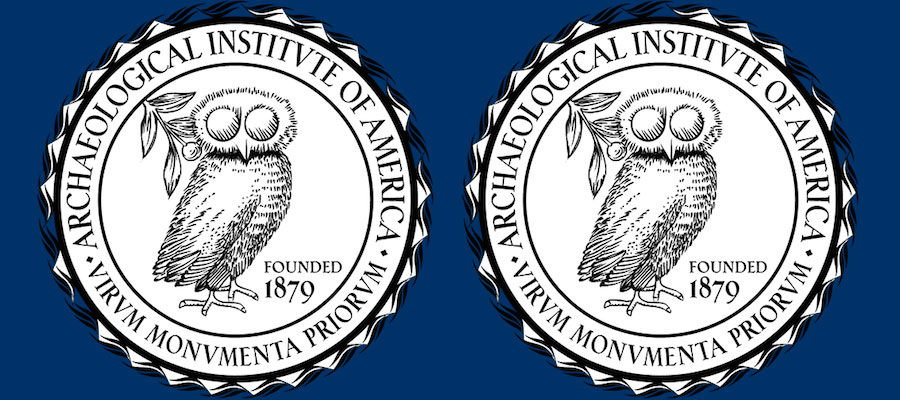The Archaeological Institute of America is pleased to offer grants for archaeological projects. AIA grants are open to members of the Archaeological Institute of America.
Julie Herzig Desnick Endowment Fund for Archaeological Field Surveys
The Herzig Desnick Fund will provide grants specifically dedicated to exploratory archaeological field surveys, especially for early stage work. Projects may concern any location in the world and any time period. Each project should make innovative use of technology, and the fieldwork proposed should be designed to address important questions about the human past. Preference will be given to archaeologists at an early stage in their careers (within 8 years of the receipt of the PhD).
Site Preservation Grant
The Site Preservation Program provides grants of up to $15,000 to support innovative projects that aid in the preservation of threatened archaeological sites.
The Ellen and Charles Steinmetz Endowment Fund for Archaeology
The Steinmetz Fund will support innovative uses of technology in archaeological research. Projects may concern any location in the world and any time period, but must be designed to address important questions about the human past specifically through technological means. “Technology” should be understood broadly to include not only digital tools and approaches, but also those developed in engineering, chemistry, biology, physics, etc. Preference will be given to archaeologists at an early stage in their careers (within 8 years of the receipt of the PhD).
The Kathleen and David Boochever Endowment Fund for Fieldwork and Scientific Analyses
The Boochever Fund will support field and laboratory research informed by new technologies. While the fund’s primary purpose is to help defray the start-up costs of new projects, archaeologists exploring innovative applications of new technologies in any stage of their work are welcome to apply. Projects may concern any location in the world and any time period, but must be designed to address significant questions about the human past through the use of state-of-the-art technology, understood broadly to include not only digital tools and approaches, but also those developed in engineering, chemistry, biology, physics, etc. Preference will be given to archaeologists at an early stage in their careers (within 8 years of the receipt of the PhD).
